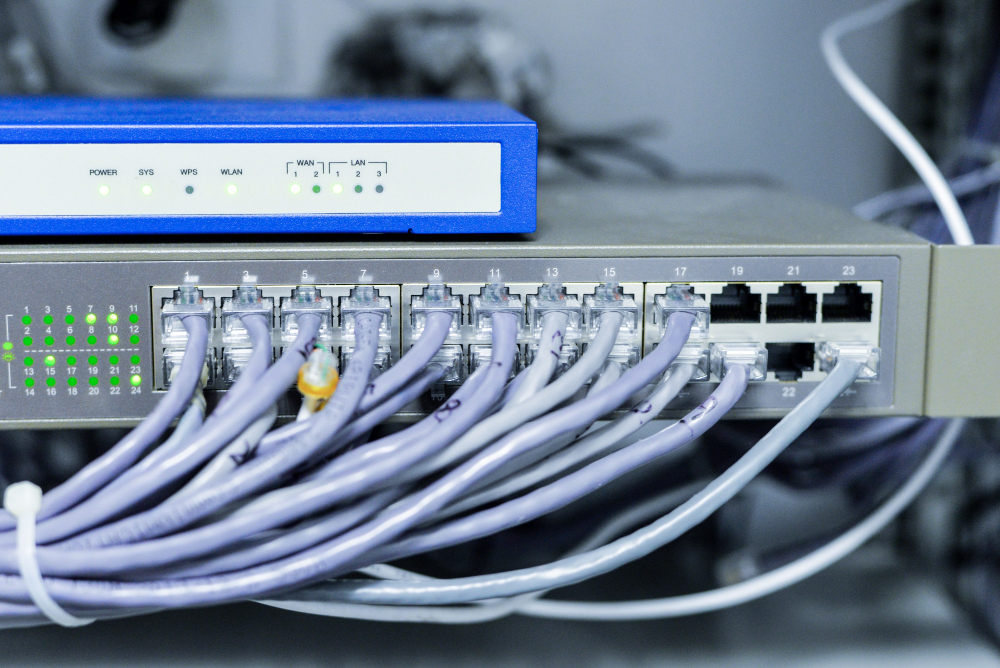There has been a gradual rise in the use of IPv6 protocols throughout the World this even includes the Caribbean region but it hasn’t been enough. As we can use the continual depletion of IPv4 address at the same time we can see an increase in prices for the scarce commodity. AWS is such one company that has seen the opportunity to capitalize on the scarceness of IPv4 while encouraging everyone to adopt IPv6.
Amazon’s new AWS charge for using IPv4 is expected to rake in up to $1B per year
Charging $0.005 per IP per hour for all public IPv4 addresses quickly adds up.
On Thursday, Amazon Web Services (AWS) introduced a new charge for customers with public IPv4 addresses. It had warned that a new pricing plan would be put into place six months ago, and we had a rough idea of the scale of charges that many customers would face. However, the Border0 blog has spotlighted some very interesting financial implications of the change, estimating that Amazon will make as much as an extra $1 billion from its stable of IPv4 addresses over the coming year.
Combining the 132 million IPv4 addresses managed by AWS with ipv4.global data showing that the average price for an IPv4 address is currently ~35 dollars, Border0 calculated the total value of AWS IPv4 stock to be worth $4.6 billion.
The firm also considered the potential yearly income from these IPv4 addresses. Using a conservative estimate that 30% of AWS IPv4 stock (79 million IPv4 addresses) is in use by paying customers, Amazon would be able to rake in over a billion dollars a year from this internet real estate (23.7 million x $43.80 = $1.04 billion). The best guess of Border0 was that AWS would be making between $400 million and $1 billion a year from the IPv4 charging change implemented yesterday.
What can you do now?
It’s a very simple question but holds a complicated answer. The simple response is to adopt IPv6 within your network and business. The complicated response is – specifically speaking for the Caribbean – we are still behind in adopting the technology that would allow us to be more capable of making full use of IPv6. The good news is, according to ARIN – American Registry for Internet Numbers, “Internet growth depends on IPv6, and the Caribbean islands and organizations within the ARIN and LACNIC regions have unique characteristics and challenges when it comes to achieving that growth. While they have already achieved a good level of IPv6 allocation and assignment penetration — it does not need to reach 100% to be considered success — new deployments are more essential than ever. IPv6 is no longer an option but a necessity. Customers want access to the entire Internet, and this means access to both IPv4- and IPv6-enabled websites.”
Transitioning to IPv6
“The cost, hassle, and difficulties of adopting the next-generation Internet standard so far have outweighed its advantages for many large network operators in the region. However, there are encouraging signs of the region’s transition to IPv6.
Last March, the World IPv6 Forum welcomed Grenada as its newest country member with the establishment of the IPv6 Forum Grenada. On the ISP front, Columbus Communications, one of the major telecom service providers in the Caribbean, has taken a refreshingly proactive approach to IPv6. Its subsidiaries in Grenada, Trinidad and Tobago, and Curacao all successfully participated in the 2011 World IPv6 Day. The hope is for other carriers in the region to follow Columbus’s lead in making a deliberate effort to advance IPv6 awareness and adoption.”
Call to Action
“Securing stability of IP addresses is necessary for maintaining the sustainable, long-term development of a ubiquitous and open Internet in the Caribbean. Everyone responsible for managing an Internet-connected network should just take the plunge, start planning, and set a timetable to implement IPv6 as if the future of the region’s networks depended on it. The truth is that it does.”
Sources:
- “Amazon’s new AWS charge for using IPv4 is expected to rake in up to $1B per year — change should speed IPv6 adoption”, By Mark Tyson, February 2, 2024, https://www.tomshardware.com/networking/amazons-aws-new-charge-for-using-ipv4-is-expected-to-rake-in-up-to-dollar1b-per-year-change-should-speed-ipv6-adoption
- “Who’s Leading the Charge for IPv6 in the Caribbean?” By Bevil Wooding – Director of Caribbean Affairs, 14 July 2023, https://www.arin.net/blog/2023/07/14/caribbean-ipv6-rankings/
- “Addressing IPv6 In The Caribbean“, September 13, 2012, https://www.caribnog.org/articles/2013/3/9/addressing-ipv6-in-the-caribbean

